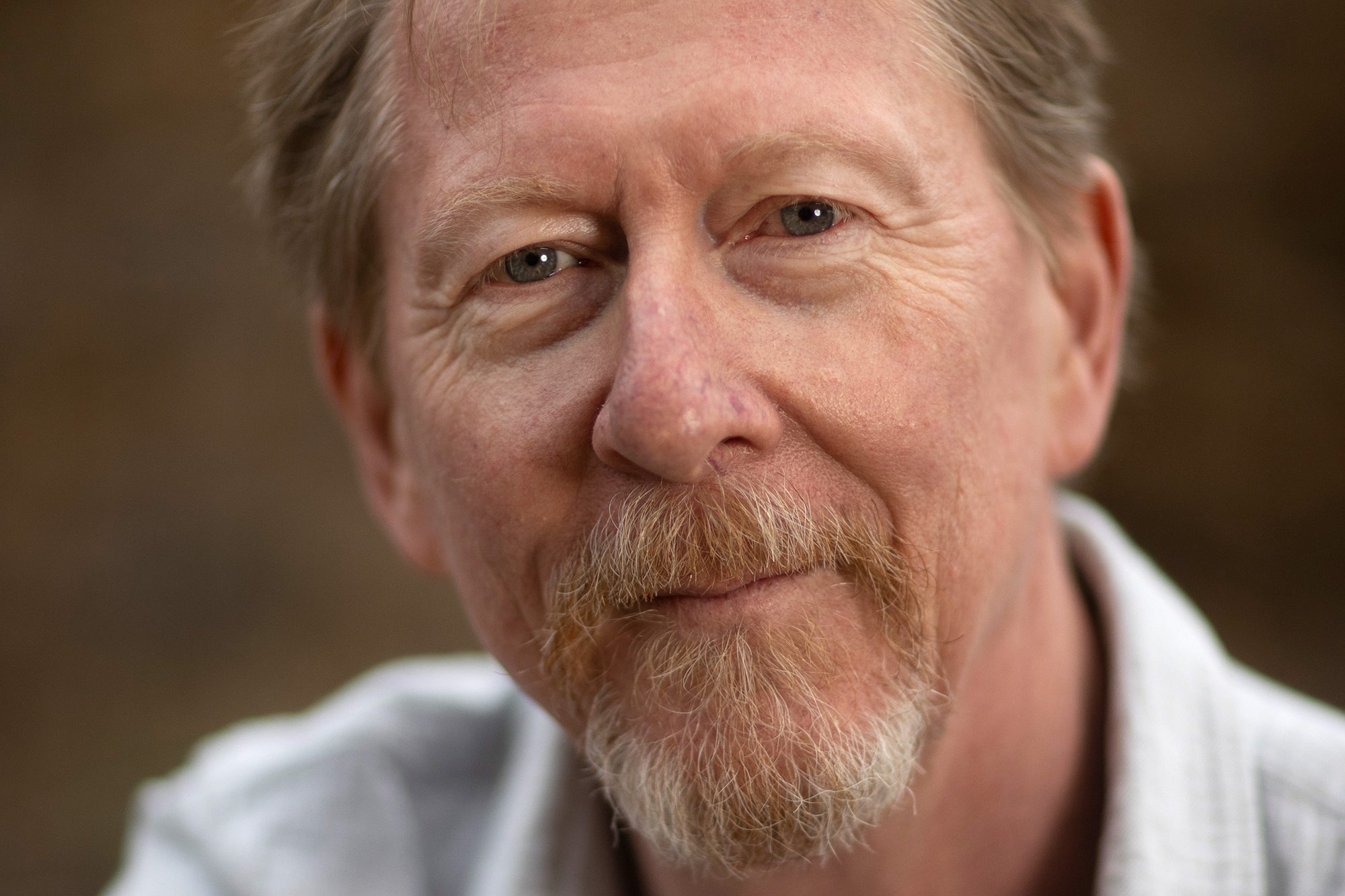
ANNA CREER looks at the latest crime fiction worth a read these summer holidays…
‘TIS the season to be reading and bookshops are full of new crime fiction ready for Christmas gift giving and the summer holidays to come.
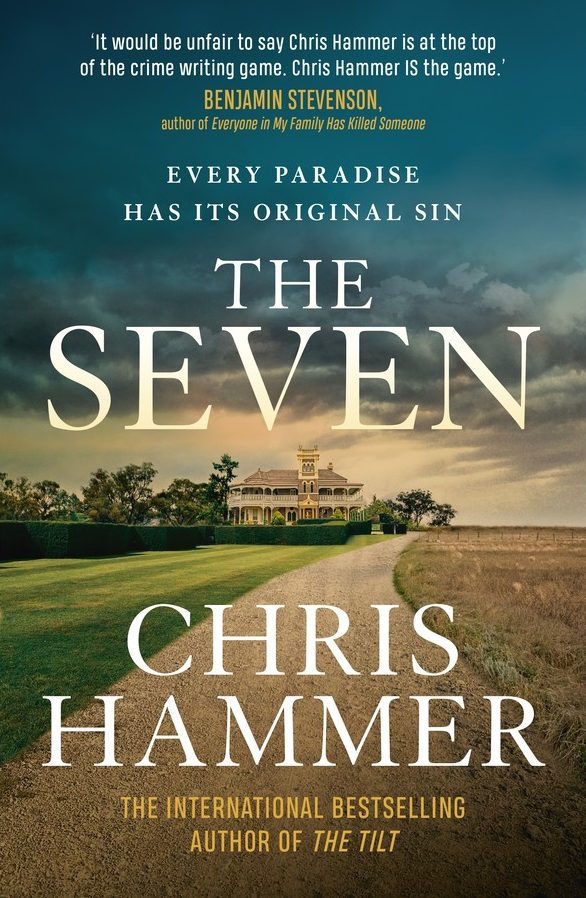
There’s best-selling Canberra author Chris Hammer’s annual offering, “The Seven”, a story of power, privilege and political corruption set in the Riverina.
Homicide detectives Ivan Lucic and Nell Buchanan arrive in Yuwonderie to investigate the murder of Athol Hasluck, a member of the seven founding families of the town, who established their own irrigation authority after World War I.
The rich and powerful seven families control everything in a town that’s “too neat, too perfect, the buildings too well maintained, the lawn on the nature strips always mown to a regulation height … like a movie set, an invented reality.”
Hammer says he based his fictional town on Leeton, which like Canberra was designed by Walter Burley Griffin and Marion Mahony Griffith.
Lucic and Buchanan suspect that Athol’s murder is connected to that of another member of the Seven, Davis Heartwood, 30 years earlier.
Hammer uses multiple timelines, which eventually combine to reveal the criminal underbelly of the Seven families.
OR there’s Richard Osman’s latest adventure of “The Thursday Murder Club”. Osman’s cosy crime novels, which feature the investigative talents of four friends in a retirement complex, are multi-million-copy, record-breaking bestsellers.
“The Last Devil to Die” is the fourth in the series in which Elizabeth, Joyce, Ron and Ibrahim once again combine to investigate the murder of an old friend, Kuldesh Sharma, an antiques dealer.
It’s Christmas at Cooper’s Chase and as always it’s an idyllic and nostalgic occasion with “turkey and stuffing, balloons and streamers. A nice bottle of red . . [and]Christmas pop songs playing in the background”. But the idyll is shattered with the news of the death of their friend and their determination to discover who shot him and why.
The famous four outmanoevre the police, drug dealers and cyber-criminal targeting the old and the lonely. The message as always, underneath the humour, is don’t underestimate or patronise the elderly.
Osman does, however, also sensitively tackles issues of old age, in particular dementia, assisted dying and the acceptance of mortality. Joyce, comments on “the urgency of old age. There’s nothing that makes you feel more alive than the certainty of death”.
AND then there’s JK Rowling/Robert Galbraith’s latest, “The Running Grave”, the seventh in the series featuring private detectives Cormoran Strike and Robin Ellacott.
They are hired by a distraught father, Sir Colin Edensor, whose son Will dropped out of university to join a religious cult in rural Norfolk. He has stopped communicating with his family and his trust fund is being systematically drained.
The Universal Humanitarian Church founded by the charismatic Jonathan Wace, preaches peace and hope for a better world through prayer and meditation.
However, when Robin goes undercover, she discovers a repressed world of enforced discipline, humiliation and torture, where church members are encouraged to engage in unprotected sex called spirit bonding. Inevitably, as Robin investigates, she puts her life in danger.
“The Running Grave” is both sordid and salacious, intensely complex as well as overly long at 945 pages. Galbraith fans will love it.
THE best of this selection, however, is Lenny Bartulin’s “The Unearthed”.
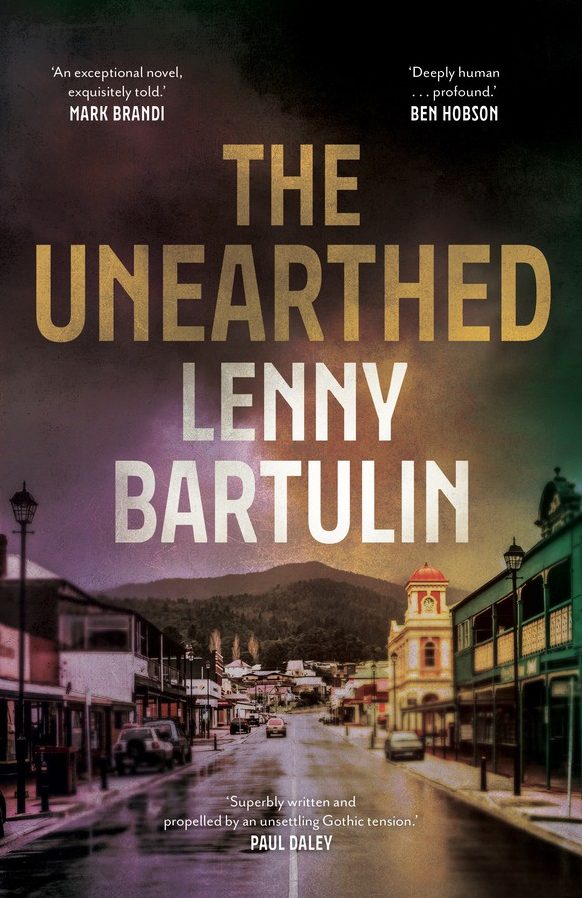
Tasmanian-born Bartulin’s parents emigrated to Tasmania from Yugoslavia. He draws on his migrant inheritance to tell a story of hardship and tragedy in the remote north-west of Tasmania, which he describes as, “ a whole once upon a time, or far, far away” place.
After tourists discover bones in a ravine near Strahan, forensic scientist Antonia Kovacs travels north from Hobart to Queenstown to collect them and at the same time visit her father, a retired police inspector.
Meanwhile Tom Pilar learns of an unexpected inheritance. Slavko Cicak, an old friend of his father, has left him a house in Queenstown, some money and a request that his ashes be buried next to his daughter.
Bartulin’s story shifts back in time to tell Cicak’s story from migration to the tragedy that destroys his life.
“The Unearthed” is not traditional crime fiction, rather it’s an often violent story of a small community struggling with poverty and alcohol.
Even more, it’s a lyrical love letter to Tasmania’s ancient forests where “the trees towered overhead… and it was as though the car had passed through some portal, arrived somewhere else that felt not hours from where you had started but rather weeks, months, years”.
Who can be trusted?
In a world of spin and confusion, there’s never been a more important time to support independent journalism in Canberra.
If you trust our work online and want to enforce the power of independent voices, I invite you to make a small contribution.
Every dollar of support is invested back into our journalism to help keep citynews.com.au strong and free.
Thank you,
Ian Meikle, editor
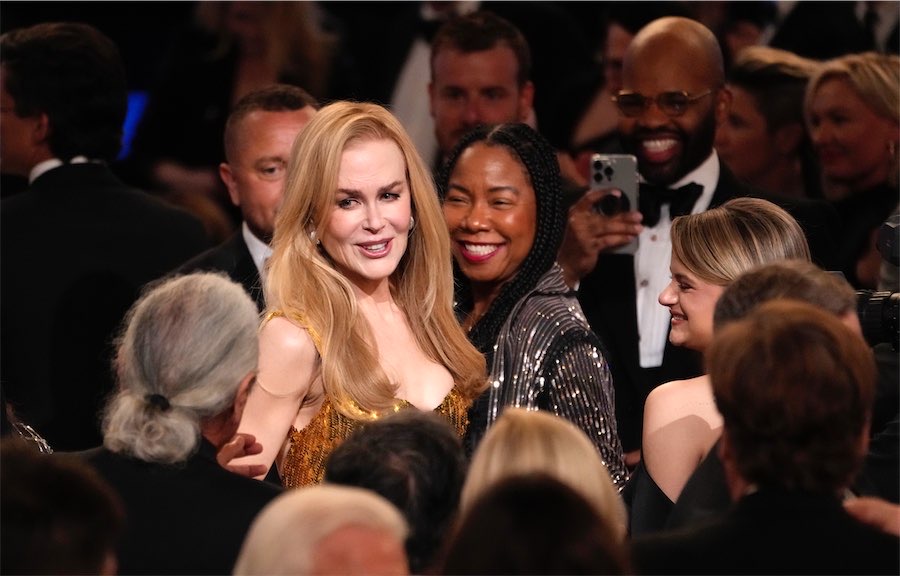
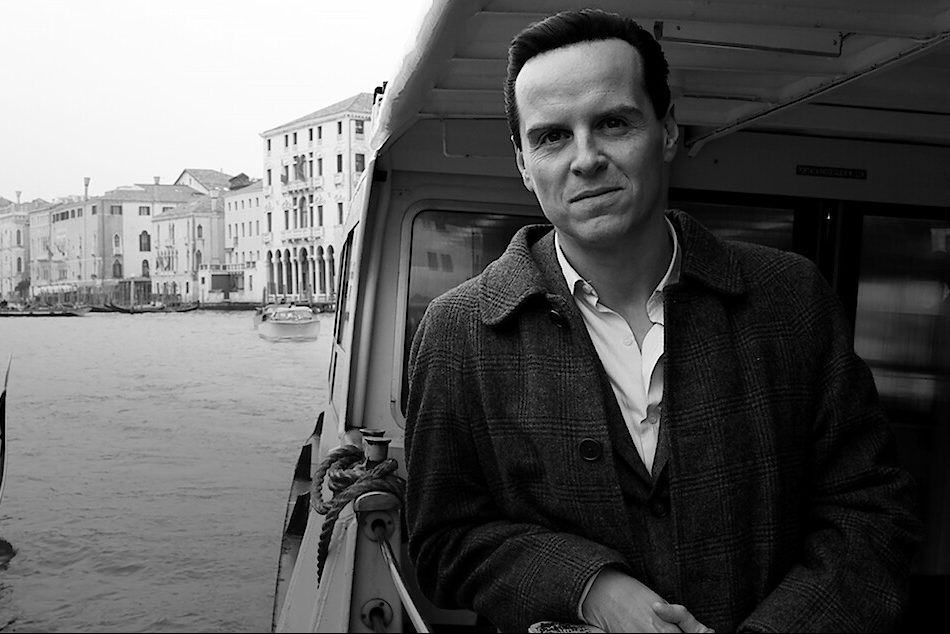


Leave a Reply